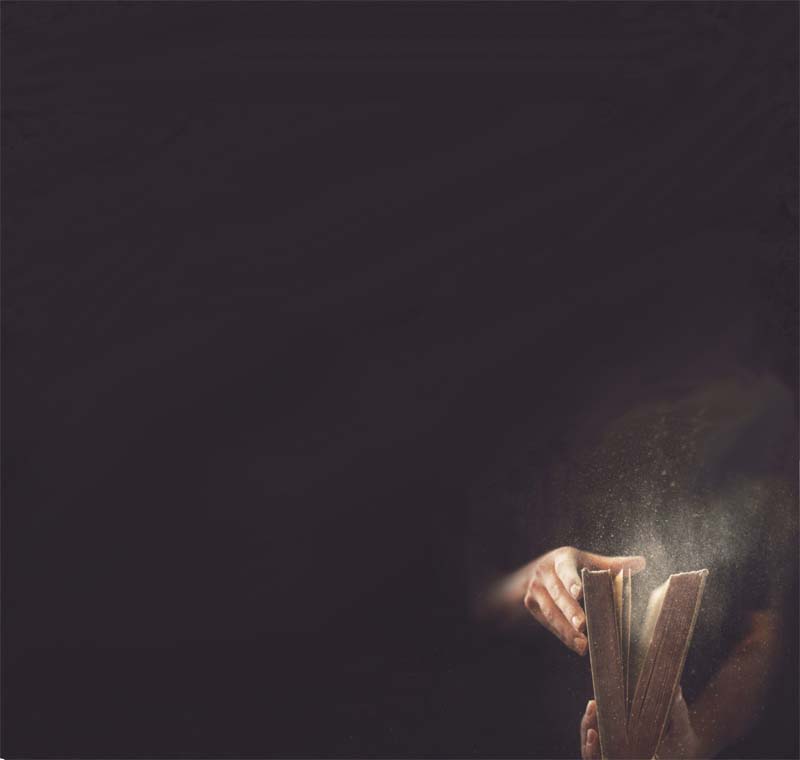
Abid Ali strolls to Mufti Mahmood Public Library most mornings for his news fix. Ali, who is in his 30s, reads the paper, pours over headlines, at the only public library in DI Khan city and then heads to work. There are few like him, for whom the library is a pin, mapping their daily routine.
“It’s a relaxing and peaceful environment,” Ali told The Express Tribune. In his case, the quiet at the library is not a function of an authoritarian librarian; hardly any one is there to browse through the aisles stacked with books. The army of 23,000 books and periodicals stands straight, spines upright, ready to open up to any stranger, looking for the intimacy between human and literature.
An increase in memberships suggests the interest in reading has grown in DI Khan, but not enough for the library to be the centre of the city. In 2009, there were only 60 members, today there are 1,200. These are permanent members who can take books home. Membership is not entirely unaffordable – Rs300 for security and Rs300 for annual fees. Students pay even less: Rs200 and Rs100 respectively for the entire year.
“Though there is an increase in membership, the public’s enthusiasm for books and coming to the library has declined,” Shah Nawaz Barakzai, who is in charge of Mufti Mahmood Public Library & Auditorium, told The Express Tribune.
Politics of language
Barakzai said since most books were in English or Urdu, the local Saraiki and Pashto speaking population would not be drawn to the institute. “DI Khan is mainly inhabited by people who speak these two languages – ignoring the public demand” is possibly why not many come to read. But the problem does not just lie in the lack of local literature.

“Frequent power outages leave our study rooms dark; the internet connection stops working, interrupting our office work; and then in the summer, without power, it gets really hot,” he ticked the reasons off one after the other. No electricity means the 12 computers provided cannot be used. He pointed out the library still was not linked to the Higher Education Commission library online or any international libraries.
“The government needs to find a solution. They could for example install a solar-powered system [to provide electricity],” Barakzai added.
The library also lacks sufficient staff. According to Barakzai, the government needed to hire more people so the institute could be run better.
Reading no more
World over, efforts are being made to get the public reading again. National campaigns are rolled out in England to get children reading again and research is used to point to why such efforts are needed. Many criminal studies have pointed out a correlation between literacy and incarceration rates. Or reading and low recidivism. Other research suggests school dropouts are more likely to take to a life of crime – findings that point to the importance of reading.
All these findings link the importance of reading and education for a soceity’s wellbeing. However, DI Khan’s education ranking compiled by Alif Ailaan in 2015 stands at 17 out of 25 districts.
“We need to motivate the public to come read; we need book fairs,” said the man who tries hard to keep the library meticulous and inviting. But all factors seem to go against Barakzai, even the timings of the library.
“It opens at 8am and closes at 4pm so the time when people get free in the evening, it is shut.” He added, “Then it’s closed on Sunday and Saturday, when people have time to go out or time to read.” He recommended keeping it open on Sunday, so people would want to come and make use of the space which is still well-maintained.
“Until and unless there is a book in the hand of every parent and teacher, children and the youth will not be motivated to read, especially not with all these smartphones out there,” said Barakzai.
Maulana Fazlur Rehamn inaugurated the library in honour of his father, the Late Maulana Mufti Mahmood in May 27, 2009. The library is located near Mufti Mahmood Public College, on Katcheri side of DI Khan city.
Published in The Express Tribune, February 22nd, 2016.











COMMENTS
Comments are moderated and generally will be posted if they are on-topic and not abusive.
For more information, please see our Comments FAQ